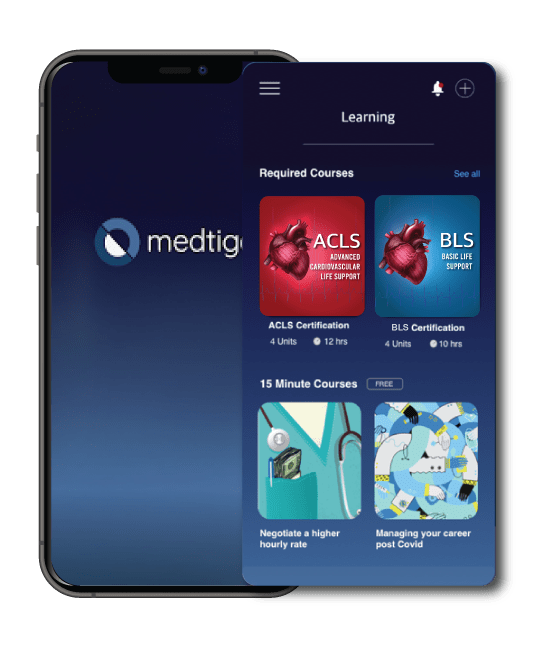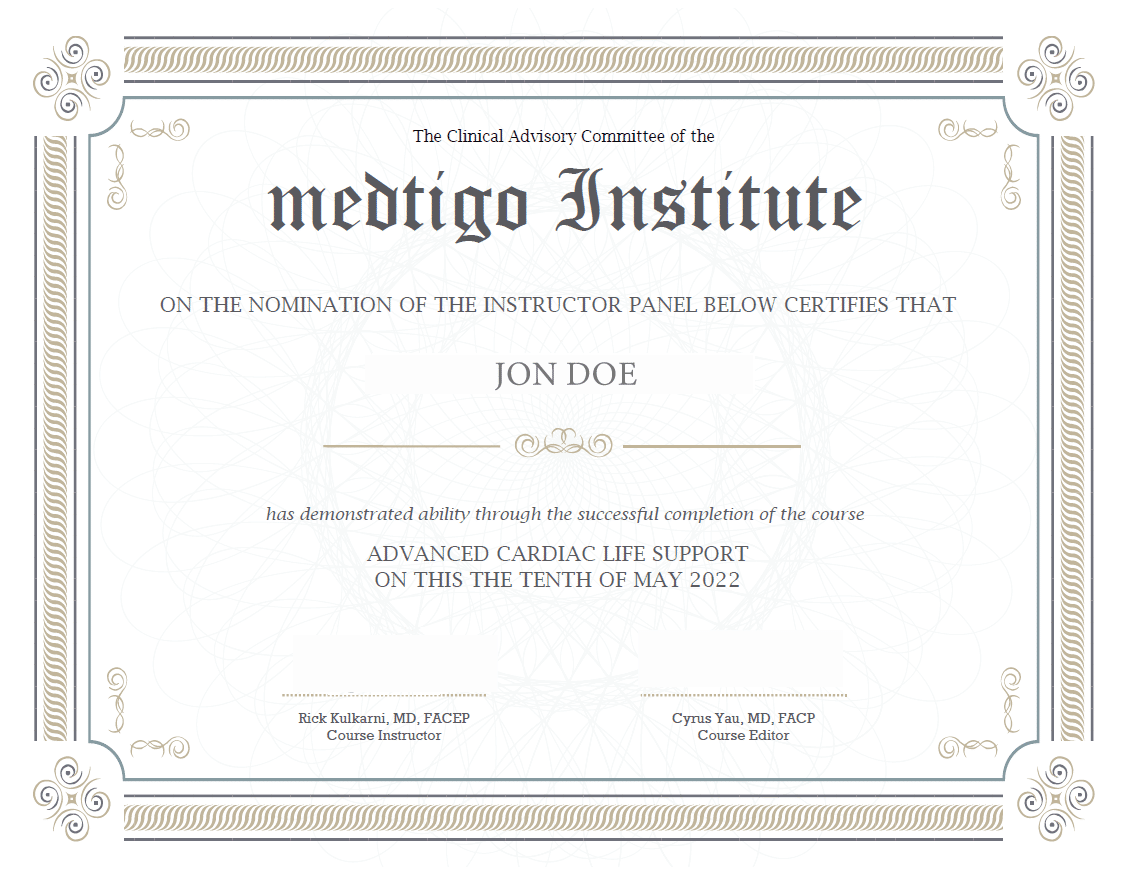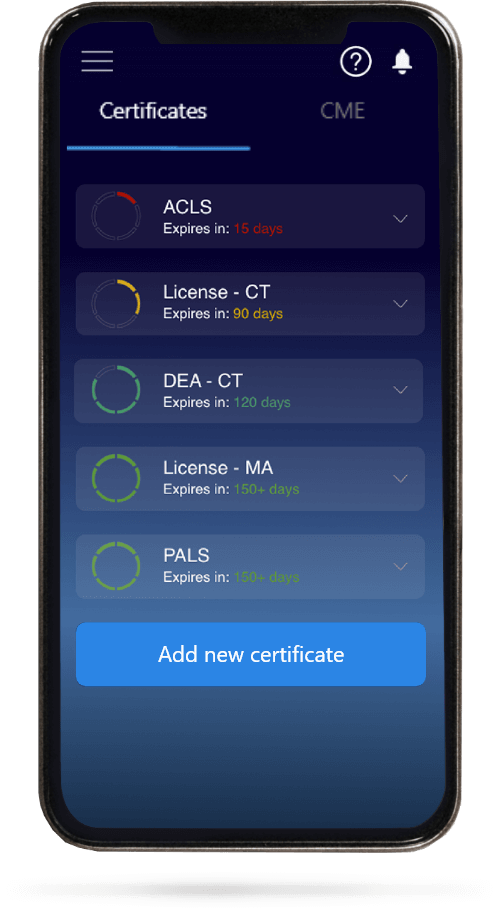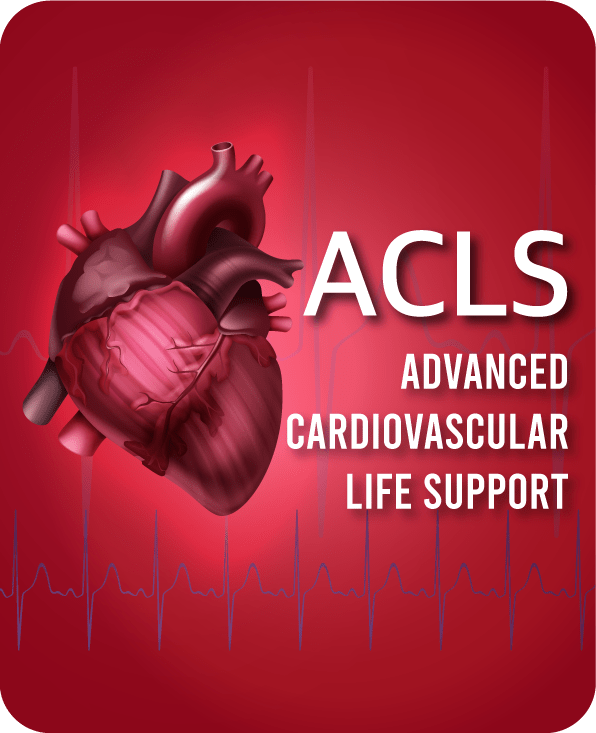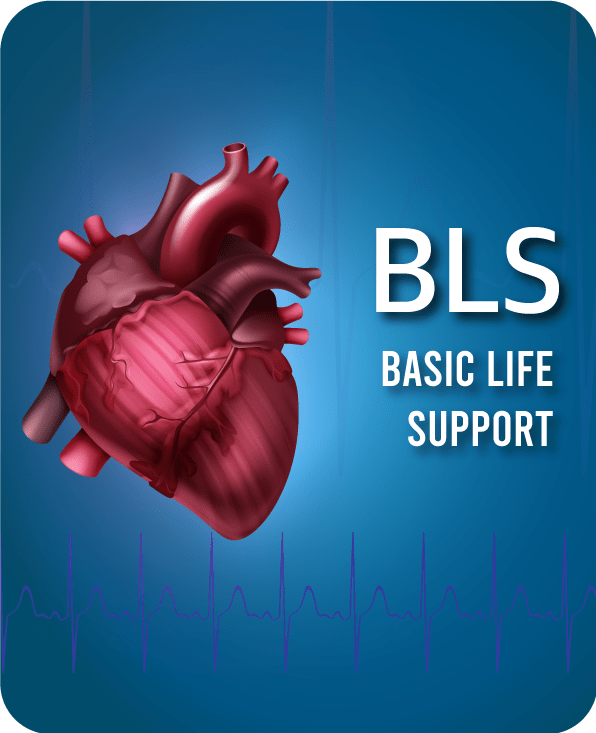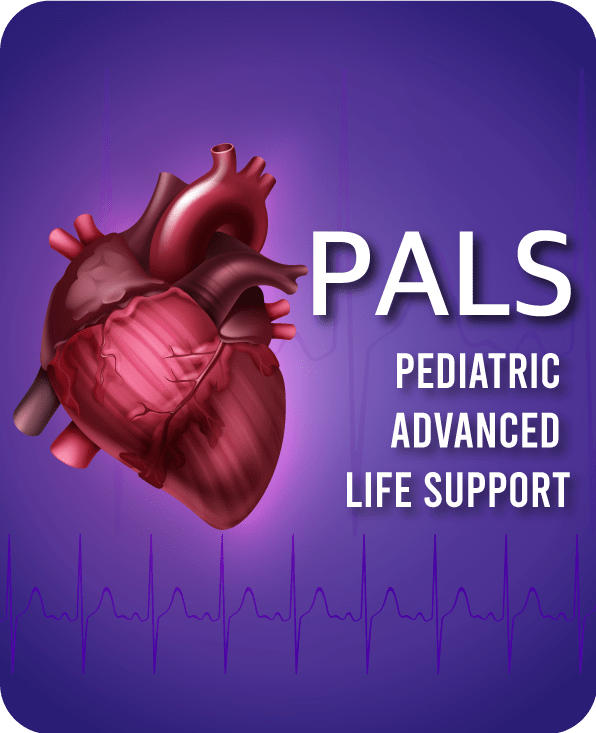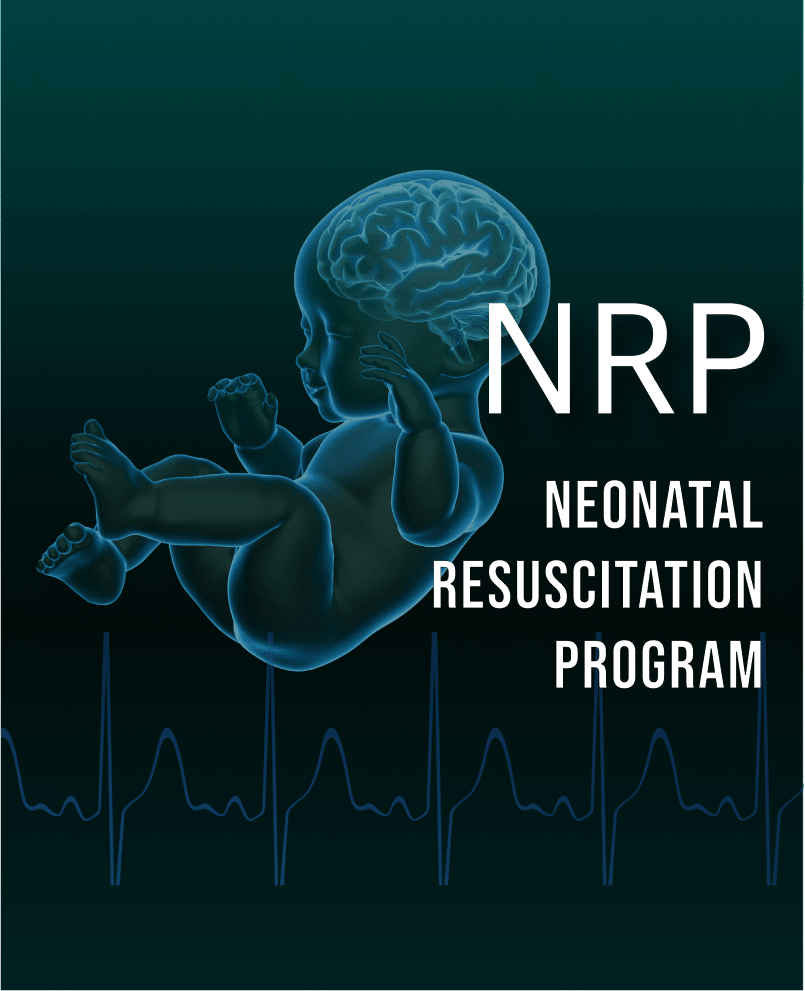Dental pain is a persistent and usually devastating health concern, as evidenced by the studies. Unsurprisingly, dental discomfort is the most common reason patients attend the emergency department (ED), with “avoidable” visits defined as those in which the patient is sent home without treatment. Even though dental pain is frequently brief, its consequences can be severe, so it’s critical to have choices for coping with it.
NSAIDs such as ibuprofen or acetaminophen (APAP) have been used to treat mild to severe dental pain (Moore and Hersh, 2013). Some people, however, are unable to use NSAIDs or acetaminophen owing to medical issues, and in other circumstances, these pain relievers may be less effective in specific patient populations.
Synthetic opioids such as hydrocodone and oxycodone are utilized when natural opioids have been depleted. Dentists are among the top ten opioid prescribers, and they commonly use them to relieve pain after dental operations and in emergency situations. Furthermore, there is data to suggest a 30% chance of getting opioids during a traditional dental procedure such as tooth extraction or root canal therapy, contributing to the overall opioid problem.
Dental pain is a severe issue, and clinicians need quick access to nonopioid analgesics to treat it. Cannabinoids, including cannabidiol (CBD), have lately attracted interest as a potential treatment. There has been a 5-8% reduction in opioid prescriptions for Medicaid participants in states that have legalized medical and adult-use marijuana, indicating that cannabinoids may be effective in reducing opioid dependency.
THC combined with CBD has demonstrated good effects in clinical studies for cancer, chronic, and neuropathic pain. THC, on the other hand, is not frequently utilized because to its psychoactive characteristics and federal illegality. CBD, on the other hand, has no intoxicating or addictive characteristics, making it a viable alternative to traditional painkillers. Animal studies have shown that CBD has analgesic and anti-inflammatory properties.
There is some clinical evidence that CBD can aid in the treatment of chronic pain and peripheral neuropathy, although the evidence is limited. According to Clinicaltrials.gov, there are currently over a hundred research looking at CBD’s potential as an alternative analgesic for a variety of pain conditions. However, previous to this groundbreaking investigation, no clinical data on the use of CBD for acute dental pain has been published.
This phase IIA proof-of-concept trial attempts to fill that information vacuum by assessing the effectiveness and safety of a CBD medicine that has previously been approved by the FDA for the treatment of acute dental pain. CBD treatment was expected to reduce preoperative discomfort by at least 30%. This effect size was found to be equivalent when evaluating the analgesic effectiveness of 400 mg ibuprofen for acute odontogenic pain. T
his was the first randomized clinical study to explicitly examine CBD for acute dental pain, and the results proved the analgesic effectiveness of the medicine. While Epidiolex has not yet been approved for the treatment of dental pain, its recent descheduling has made it simpler for patients in the United States to get prescriptions for it.
CBD10 and CBD20 had equivalent analgesic profiles, with the higher dose giving a considerably faster onset of pain relief. Despite the small sample size and high inter-subject variability, CBD10 appeared to have lower raw Visual Analog Scale (VAS) ratings than CBD20 at various time intervals.
When raw VAS ratings were corrected to baseline values, pain reduction from baseline revealed the CBD dose influence more clearly, with CBD20 attaining a greater (but not statistically significant) percent pain reduction over the first 120 minutes. The study discovered a female to male ratio of 2:1, which is consistent with previous studies suggesting that women are more sensitive to pain than men (Bartley and Fillingim, 2013).
There was no statistically significant difference in pain reduction across sexes, however the placebo group had a more even distribution of sexes than the CBD groups. Opioid prescriptions have been the only choice for pain relief for dental patients who have medical conditions or allergies that preclude them from taking NSAIDs or acetaminophen.
The study demonstrates the Number Needed to Treat (NNT) for various analgesics, emphasizing the reported NNT for CBD 10 mg/kg and CBD 20 mg/kg, which are within the range seen for ibuprofen and oxycodone/APAP combination for acute dental pain. According to these findings, a single dose of CBD is equally as effective as normal analgesic regimens, making it a feasible choice for treating unexpected dental pain.
CBD’s effects on biting force were also studied; this is an essential indicator of masticatory efficiency that can have a significant impact on a patient’s nutrition and quality of life. Patients suffering from pulpal and periapical disease may have reduced biting forces, resulting in inefficient chewing. Both CBD doses were linked to statistically significant differences in biting forces across groups. CBD 20 mg/kg beat placebo considerably, suggesting that CBD can improve tooth function in the setting of mechanical allodynia.
Importantly, the study dispelled concerns about CBD’s psychoactive effects by finding that a single dose of CBD had no discernible effect on psychoactivity or mood. Sedation, a typical side effect, was observed with both doses, albeit it was regarded as more soothing and anxiolytic than drowsy. These findings are supported by CBD’s strong affinity for the serotonin (5-HT)1A receptor and low affinity for cannabinoid receptors.
Despite the study’s importance, its authors are keen to note out weaknesses, such as its limited sample size and failure to examine factors influencing pain perception. Future research will take the form of larger-scale phase III clinical investigations that will account for variations in pain perception depending on age, gender, and other social and psychological factors.
Finally, the findings of this groundbreaking study provide compelling support for the use of pure CBD as a potent analgesic for acute dental pain. The findings provide the groundwork for more research, which might eventually transform pain management in dentistry and contribute to bigger efforts to address the opioid problem. The findings of this inquiry might indicate
Journal Reference
Chrepa, V., Villasenor, S., Mauney, A., Kotsakis, G., & Macpherson, L. (2023). Journal of Dental Research. doi:10.1177/00220345231200814





